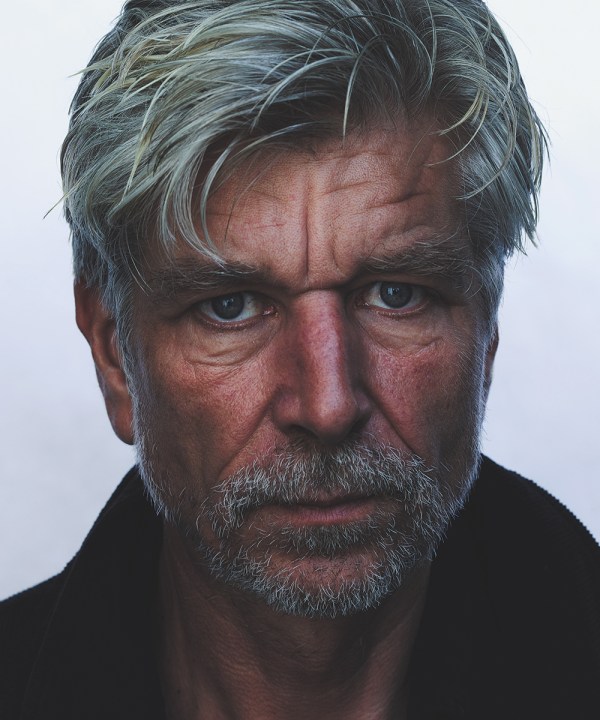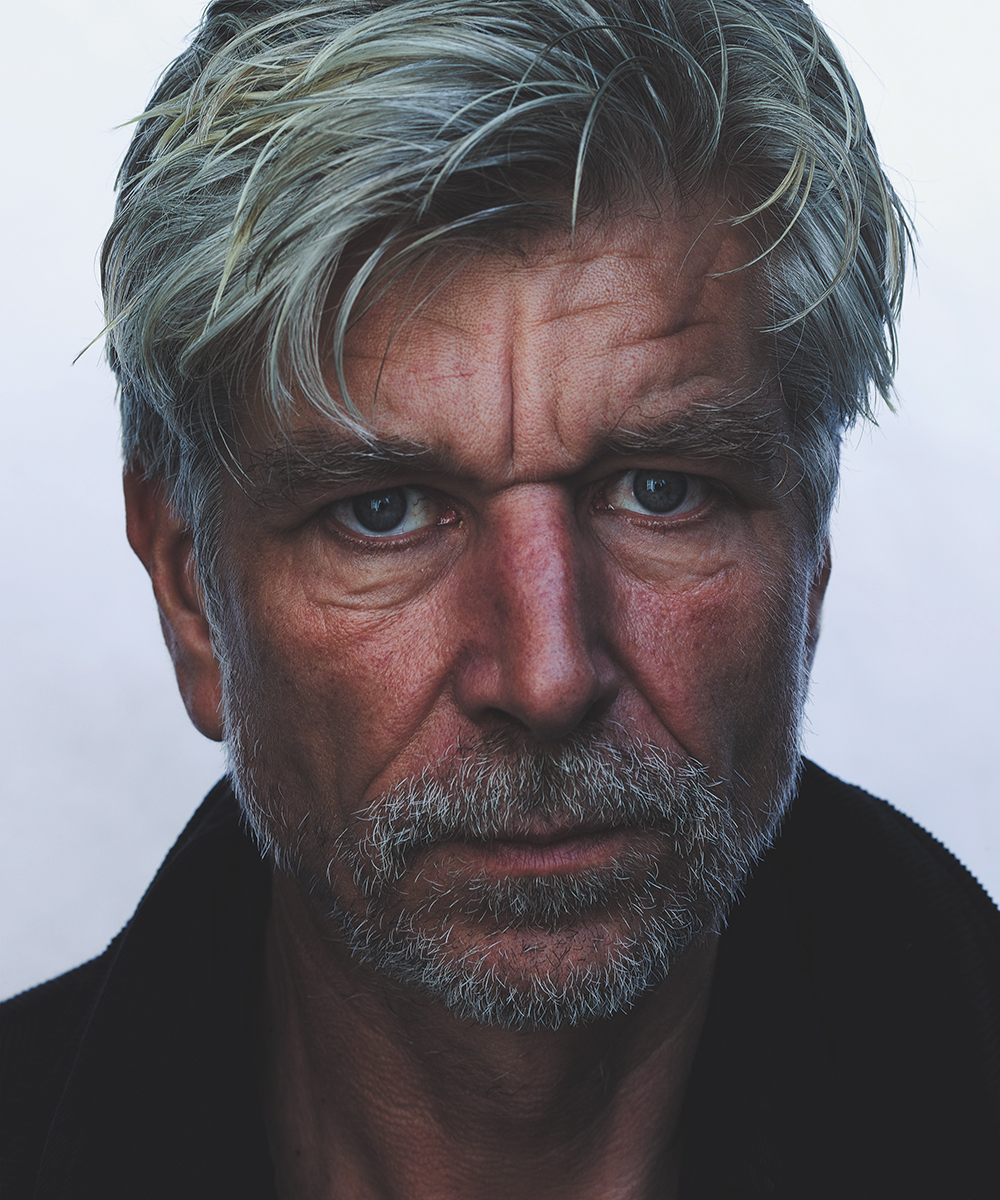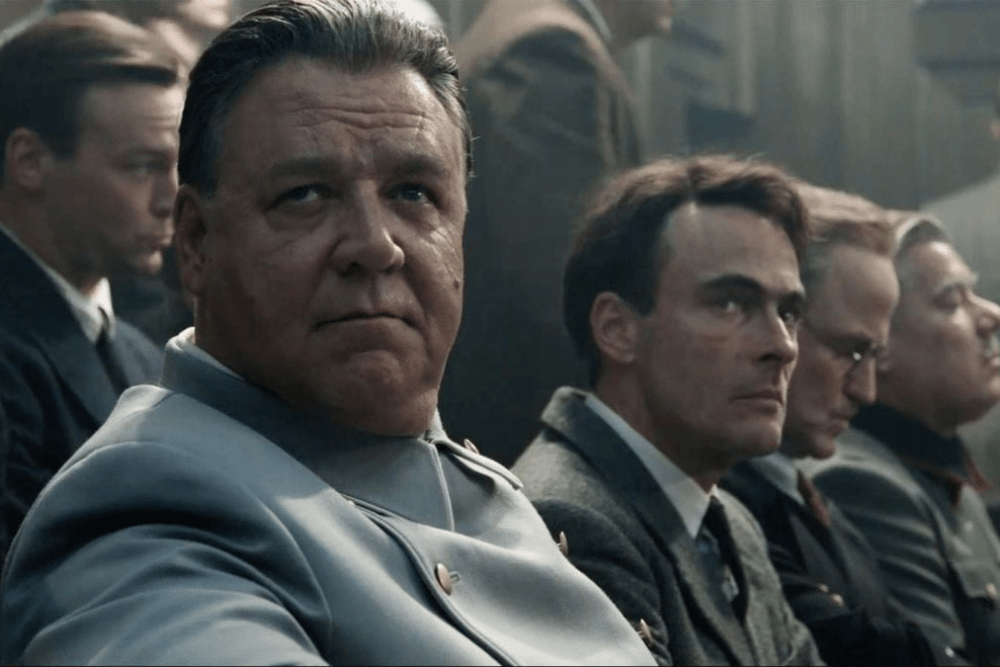
The fourth novel in Karl Ove Knausgaard’s spooky supernatural series differs from the others in that it is a standalone and doesn’t involve previous characters. Gone, too, are the multiple narrators; and there is only the briefest mention of a new star in the sky – which in the other three books coincided with all sorts of inexplicable occurrences.
But it is no less compelling. This is the story of an arrogant young Norwegian, Kristian Hadeland, who arrives in London in 1985 to study photography at a prestigious art college. Though enthusiastic about his subject, he finds it hard to accept the constructive criticism of his lecturers. He is single-minded in his pursuit of success – to the point of treating his family and friends back home shabbily, despising them for not being creatives.
He meets an enigmatic Dutch artist, Hans, and, through him, a female theatre director who is putting on a performance of Christopher Marlowe’s Dr Faustus. Kristian is disparaging about Hans’s art – which doesn’t prevent him from later ripping it off. He is not blessed with empathy – in fact, he betrays signs of psychopathy – and his attitude to women is much like the misogynistic journalist in one of the previous books.
Knausgaard himself has talked about having made a Faustian pact, in that his fame has come at the expense of losing contact with some members of his family. A paternal uncle was particularly incensed by the depiction of his brother – Knausgaard’s father – as a violent drunk in the memoir series My Struggle. A similar pact lies at the heart of The School of Night. Kristian is implicated in a crime for which there will be harsh consequences. His mental anguish when waiting to be identified is reminiscent of Raskolnikov’s in Dostoevsky’s Crime and Punishment.
Some of Kristian’s ponderous expounding is debatable:
Time, rather than existing independently… was a product of culture… without culture everything would be the same… this notion was scientifically supported… in the physical world there was no such thing as time.
And some of his ideas about photography are too mundane to have attracted critical acclaim. Nevertheless, I put down this book only to eat and sleep. Knausgaard has produced another addictive psychological thriller – by turns exciting, entertaining and tragic.








Comments